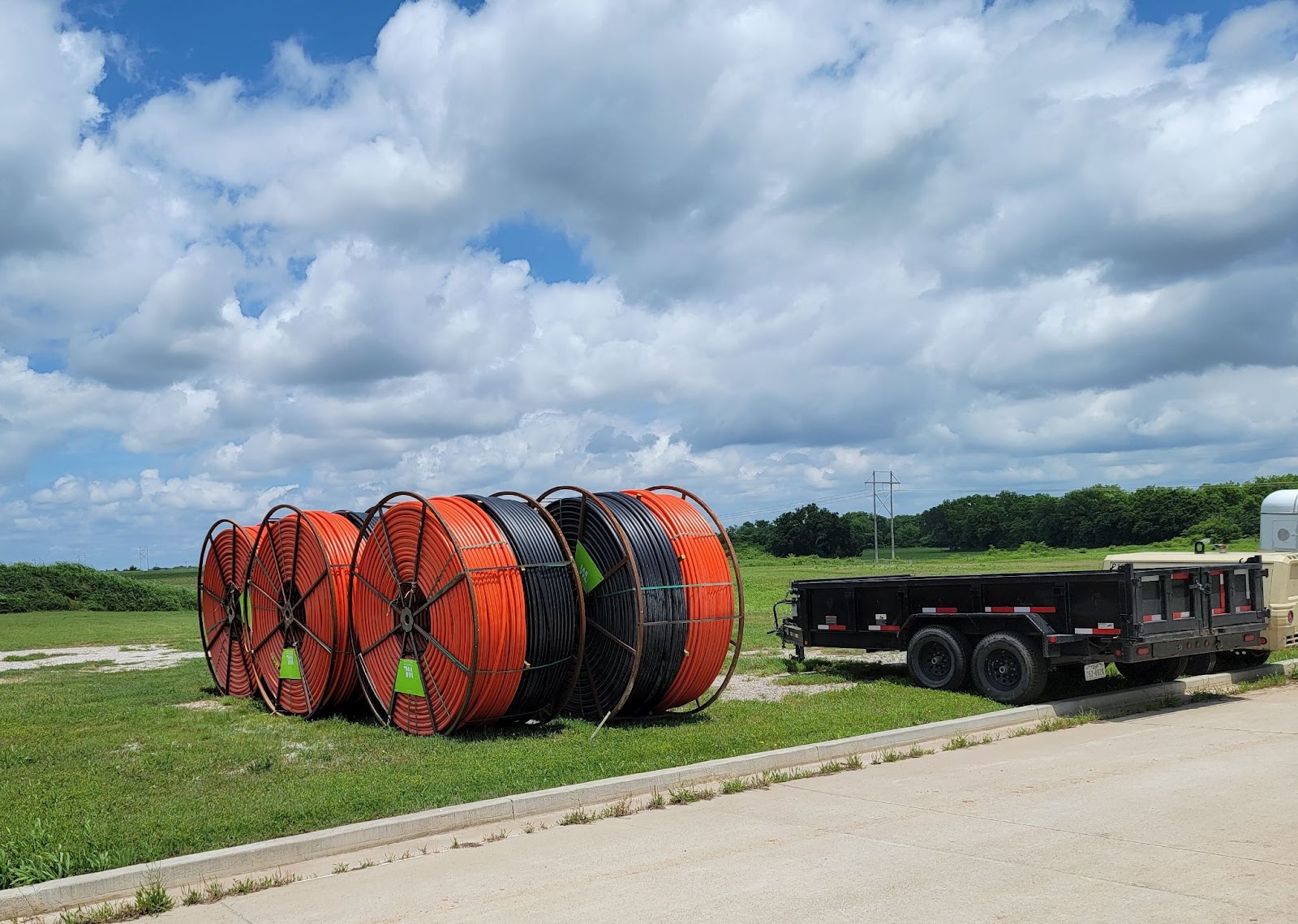
- Details
- By Caliber Financial Services
Across America, businesses struggled to stay afloat during the COVID-19 pandemic. Brick-and-mortar businesses tried to continue operations by adopting alternative methods of delivering goods and services, especially by electronic means. Entertainment businesses, including casinos, were hit particularly hard. Online delivery of entertainment can’t provide the same experience that live entertainment can, if at all. Because they rely heavily on casino and other entertainment revenue rather than on tax revenue, Native American tribes’ budgets were decimated.
With nearly double the rate of unemployment on Indian reservations as in the general American population during the pandemic, the need became obvious for Native American tribes not only to diversify their industries for their own budgets but also for their residents’ wellbeing. Yet of the 300 reservations in the United States, few have what are classified as functioning economies—that is, where residents can work, shop, and live adequately well. In order to create functioning economies, most reservations need to increase the number of privately and tribally owned businesses that operate within their borders or nearby.
Fintech Holds Promise
Because of its distinctive characteristics, fintech is an industry that holds great promise for Indian country.
The term “fintech” is derived from combining the words “financial” and “technology.” The term is used to describe new technology that seeks to automate the delivery and use of financial services. Fintech helps corporations, small businesses, and individuals manage their financial operations, processes, and lives by using specialized software and algorithms that are used on computers and smartphones.
The term fintech originally was applied to technology employed at the back-end systems of established financial institutions—in other words, fintech operations were behind the scenes, not customer-facing. They were also connected to brick-and-mortar operations.
More recently, however, there has been a shift to more consumer-oriented services, which is what really creates an opportunity for Indian country. Indeed, fintech has expanded to include any technological innovation from wealth management and retail banking to fundraising and money transfers/payments to investment management and insurance to cryptocurrencies and lending and borrowing.
New Opportunities
Many fintech businesses allow or even encourage remote work in order to compete with brick-and-mortar financial institutions. This presents an opportunity for residents of Indian country to work in fintech positions no matter where the company is based. At the same time, this industry trend presents an opportunity for Native American tribes to establish fintech businesses without having to come up with local workers to fill the jobs—the workers could reside nearly anywhere in the country.
Because fintech is growing quickly (and the growth has been accelerated by the pandemic), there are many entry-level positions available. Thus, young residents of Indian country no longer need to move away from home to find well-paying jobs. Similarly, experienced financial industry professionals and people looking for career changes can move to Indian country and work in fintech industries. Moreover, what the pandemic demonstrated is that fintech careers are more stable than many of the more traditional entertainment- and leisure-related industries found in Indian country, like casinos and tourism.
In addition, fintech jobs generally come with higher salaries than more traditional jobs found in Indian country. For examples: glassdoor.com lists salaries ranging from fintech account managers at $28K to tax attorneys at $270K. Jobs with salaries falling between those extremes include contact center staff, verification specialists, analytics specialists, business process analysts, accountants of all levels, technology project managers, loan processors, fraud analysts, compliance officers of all levels, chief operating officers, and chief technology officers. The average fintech salary is more than $60 per hour.
The bottom line: Fintech is a boon to Indian country, reservation budgets, and to individuals who live in Indian country. The fintech boom in Indian country is powered by people.
Help us defend tribal sovereignty.
At Native News Online, our mission is rooted in telling the stories that strengthen sovereignty and uplift Indigenous voices — not just at year’s end, but every single day.
Because of your generosity last year, we were able to keep our reporters on the ground in tribal communities, at national gatherings and in the halls of Congress — covering the issues that matter most to Indian Country: sovereignty, culture, education, health and economic opportunity.
That support sustained us through a tough year in 2025. Now, as we look to the year ahead, we need your help right now to ensure warrior journalism remains strong — reporting that defends tribal sovereignty, amplifies Native truth, and holds power accountable.
 The stakes couldn't be higher. Your support keeps Native voices heard, Native stories told and Native sovereignty defended.
The stakes couldn't be higher. Your support keeps Native voices heard, Native stories told and Native sovereignty defended.
Stand with Warrior Journalism today.
Levi Rickert (Potawatomi), Editor & Publisher
